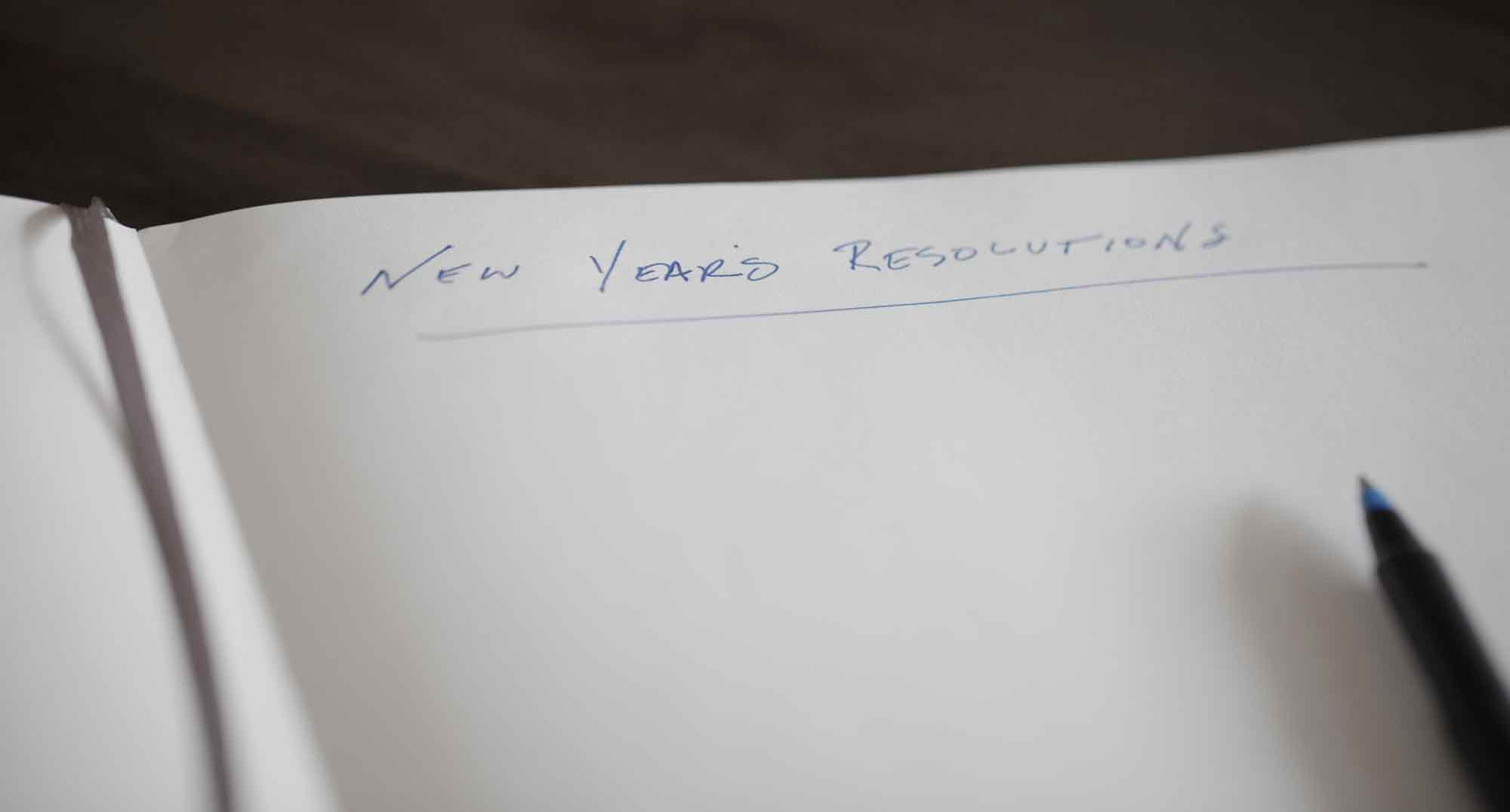Light Palms, Heavy Burden
AIMEE JOSEPH|GUEST Palm Sunday. The expectant people lined the streets, praising Jesus and quoting from Psalm 118 as he approached in peace. The people knew he was the Messiah, the Sent One, the One coming to save them. Thus, they shouted “Hosanna” which means “Save us, now!” (Matt. 21:6–11). They waved light palms as he approached history’s heaviest burden. Their praise presupposed that Jesus would establish God’s people in peace politically and do so immediately. They had visions of the once-flourishing reign of David. Their hopes soared with high expectations that Jesus would usher in a new golden era. However, within a week’s time, it would become clear to these same crowds that Jesus had plans to usher in a very different kingdom. As a result of these missed expectations, their praises faded quickly into shouts of “Crucify him!” in a matter of days. We are not unlike them; our praise quickly turns cold and bitter when our expectations are not met in our way and on our timetable. As we approach Holy Week, we are invited to search for the semblances of our own hearts in the fickle crowds. Jesus rode into Jerusalem through a tunnel of praises that came from the mouths of those who would soon chant “Barabbas!” (Matt. 27:15–23). They cheered his approach with a light and airy joy, but he alone knew he was marching on to his death. His patient restraint and resolve as he approached an unthinkable burden only further shows the purity of his goodness and love. His Burden A King approaching in peace, In humility He rode on, Onlookers cheering him, Expecting a new dawn. The Scriptures foretold it, Yet none of them could see, The dawn would begin with The God-Man hung on a tree. The Messiah was coming, To bring His kingdom to bear; But of the coronation of tears, None but Jesus was aware. “Hosanna! Save us!” they cried, As hopes and palms were raised. “Finally the kingdom’s come, May Jesus’ name be praised!” He heeded not their fanatical cries, For he well knew the heart of men, From “Crown Him” to “Crucify,” The voices would be raised again...










